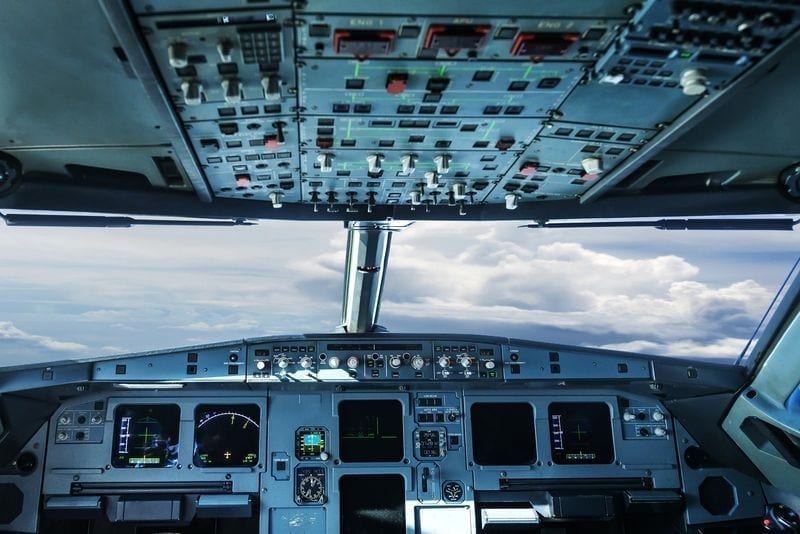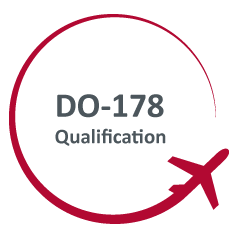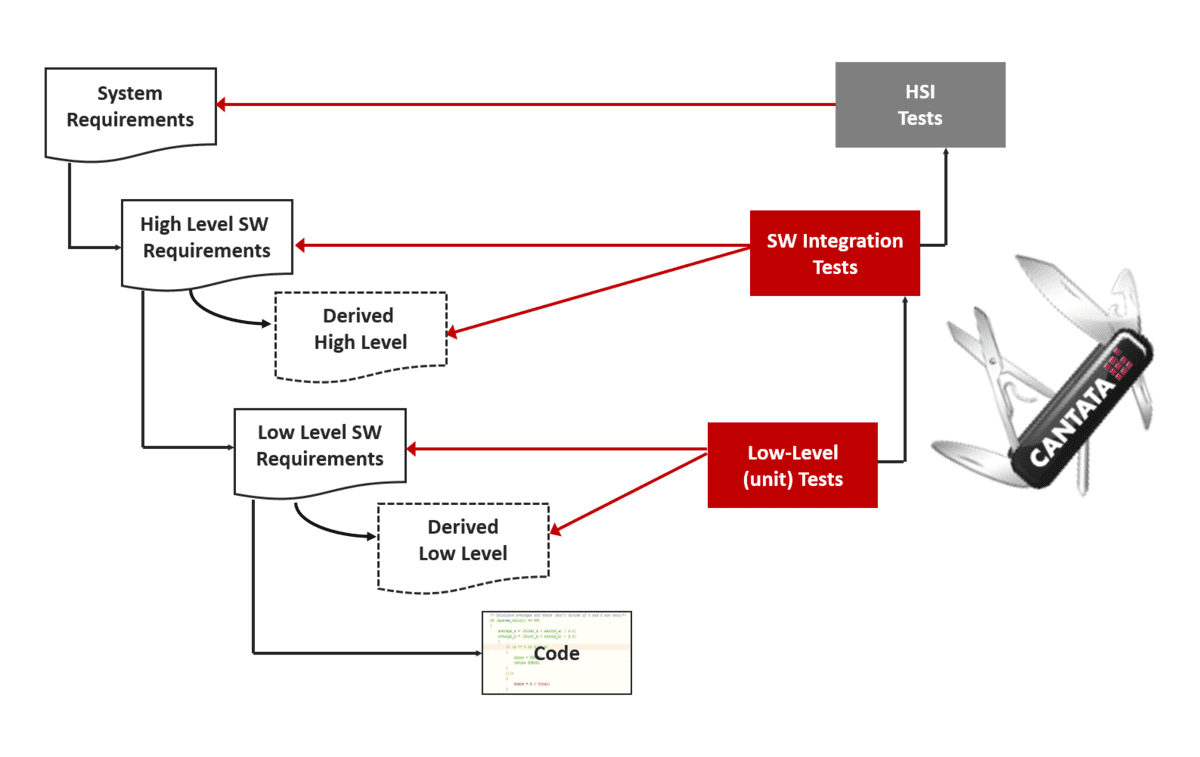DO178: DO-178B & DO-178C CODING STANDARDS
The DO178 standard, also known as «Software Considerations in Airborne Systems and Equipment Certification,» is published by the Radio Technical Commission for Aeronautics (RTCA). While RTCA is not a government agency, its recommendations have been approved by governments and agencies for civil aviation.
In addition, the European Organisation for Civil Aviation Equipment (EUROCAE) has also published the DO178B and DO178C standards, referred to as ED-12B and ED-12C, respectively. These standards have identical content as the DO-178 standards.
DO-178B was initially published in 1992 and was later superseded by DO178C in 2011, which includes an additional standard, DO-330 Software Tool Qualification Considerations.
The DO-178 standards require that all airborne software be assigned a Design Assurance Level (DAL) based on the potential effects of a failure in the system, ranging from the lowest level E («No Effect») to the highest level A («Catastrophic»). The standards also outline various process objectives that vary depending on the software level.

Testing tools for compliance with DO178 (DO-178B and DO-178C) objectives
QA Systems enables organizations to accelerate achieving DO-178B and DO-178C testing objectives with automated static analysis and software testing tools:
STATIC ANALYSIS
DO-178 Certification:
Qualification of Cantata and QA-MISRA
The DO-178 standards do not allow for pre-certification of tools, including those certified by SGS-TÜV, such as Cantata. On each project, a DO-178 certification applicant must qualify the tools to be used. Cantata and QA-MISRA, two software verification tools by QA Systems, are DO-178 categorized tools.
The tool qualification process for DO-178B and DO-178C (with its referenced standard DO-330 Software Tool Qualification Considerations) differ somewhat. To ease our customers’ path to certification, we offer tool qualification kits for both standards. These kits provide the necessary qualification data and evidence required for Cantata qualification, along with guidance on the tool qualification process. They also contain comprehensive and detailed guidance on how to use Cantata and QA-MISRA to comply with the software verification objectives of the DO178 standard for Software Levels E to A.
Please contact us for more information about tool qualification kits.

Verification for DO-178 compliance
DO 178 recommends low-level [unit] tests, software integration tests, and hardware-software integration tests. Cantata enables developers to verify DO 178 compliant C and C++ code on host native and embedded target platforms, helping to accelerate compliance with the standard’s verification requirements.
Cantata automates various tasks to assist with compliance, including:
For more information on Cantata for DO-178 B or DO-178C please contact us.
Our white paper, “Cantata Briefing DO 178c Standard pdf” provides a summary of how Cantata supports DO-178 C verification objectives by level.
Start a free trial today and get a full copy of Cantata.


Static Analysis for DO-178 Compliance
DO-178B and DO-178C compliance require accurate, consistent, and standardized source code. Static Analysis with QA-MISRA can help meet these objectives while significantly reducing manual effort.
At our company, we offer QA-MISRA and Astrée, which support the DO-178C verification objectives by level. You can find more information on how these tools work in our “QA-MISRA Safety Manual”.
Start a free trial of QA-MISRA to evaluate your code against various coding standards, including MISRA, AUTOSAR, CERT C/C++, and CWE, and ensure compliance with DO-178 standards.
Contact us today to learn more about QA-MISRA and how it can help you achieve DO-178 compliance.
Start a free trial of QA-MISRA to evaluate your code against MISRA, AUTOSAR, CERT C/C++, CWE and other coding standards to ensure automated compliance with DO-178 standards.








